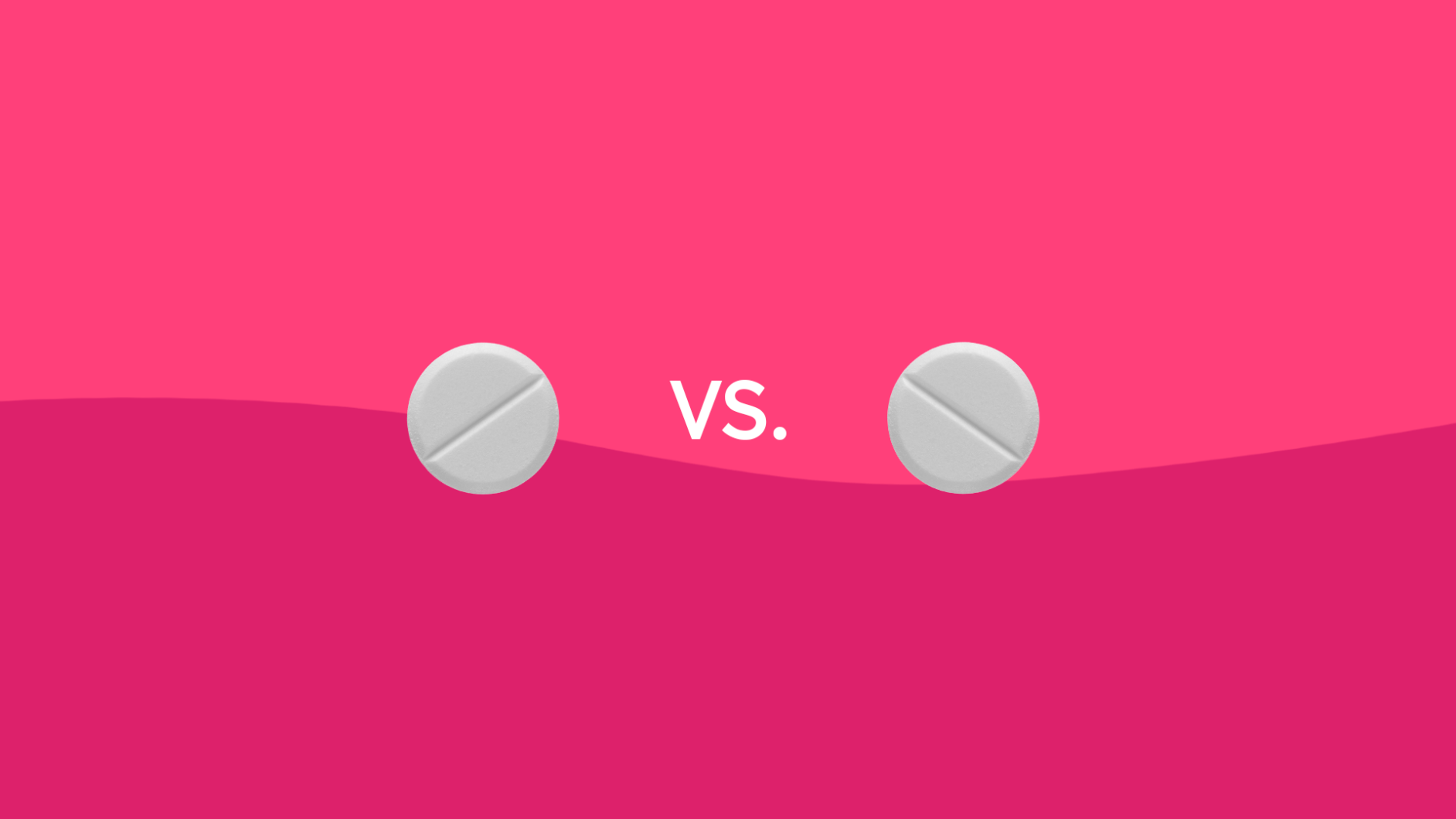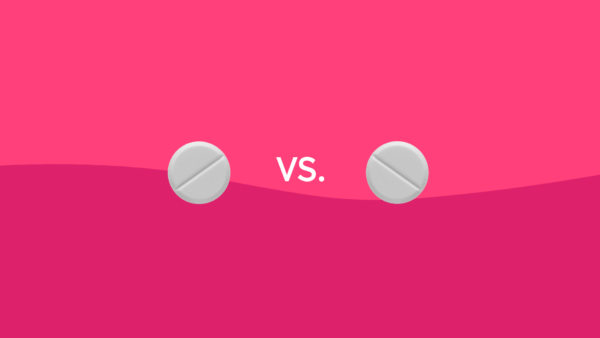
Zantac has been recalled by the FDA. Consult your doctor about which medication is right for you. Read more about the recall here. The original post has been preserved for informational purposes only.
Pepcid and Zantac are brand name medications used to treat duodenal and gastric ulcers among other digestive conditions. Both medications work in similar ways to block the action of histamine in the digestive system. As antihistamines, they ultimately reduce the production of acid. Despite their similarities, they also have some differences to review.
Pepcid
Pepcid is the brand name for famotidine. It works as an antihistamine to reduce the production of acid and prevent irritation. Pepcid is approved to treat conditions like GERD, stomach ulcers, esophagitis, and other digestive conditions. It can also treat occasional heartburn.
Pepcid comes as a 10 mg, 20mg, and 40 mg oral tablet. The dose used depends on the condition being treated. However, it may be taken more than once per day for up to 6 weeks in some cases.
Zantac
Zantac is also known by its generic name ranitidine. It blocks acid production in the stomach by blocking histamine receptors. Zantac can be used to treat GERD, stomach ulcers, erosive esophagitis, and other digestive conditions.
Zantac is available as an oral tablet in strengths of 75 mg, 150 mg, and 300 mg. It can be taken once or twice daily although dosage depends on your condition. Zantac, like other similar drugs, is not typically used long term.
Pepcid vs Zantac Side by Side Comparison
Pepcid and Zantac are two medications with several similarities and differences. Their features can be found in the comparison table below.
| Pepcid | Zantac |
|---|---|
| Prescribed For | |
|
|
| Drug Classification | |
|
|
| Manufacturer | |
| Common Side Effects | |
|
|
| Is there a generic? | |
|
|
| Is it covered by insurance? | |
|
|
| Dosage Forms | |
|
|
| Average Cash Price | |
|
|
| SingleCare Discount Price | |
| Drug Interactions | |
|
|
| Can I use while planning pregnancy, pregnant, or breastfeeding? | |
|
|
Summary
Pepcid and Zantac are two drugs that are used in the treatment of gastric ulcers, duodenal ulcers, GERD, and Zollinger-Ellison syndrome. Both drugs work by blocking histamine receptors to reduce acid production in the stomach.
Pepcid and Zantac can be purchased over the counter and taken as oral tablets. They have similar durations of action although dosing depends on the condition being treated. Both medications also have similar side effects like headache, diarrhea, dizziness, constipation and rash.
Zantac and Pepcid interact with various medications it should be used with caution when taken other drugs.
This information is meant to explain similarities and differences between two over-the-counter medications. Consult a physician or other healthcare provider to determine which medication may be best for you.





